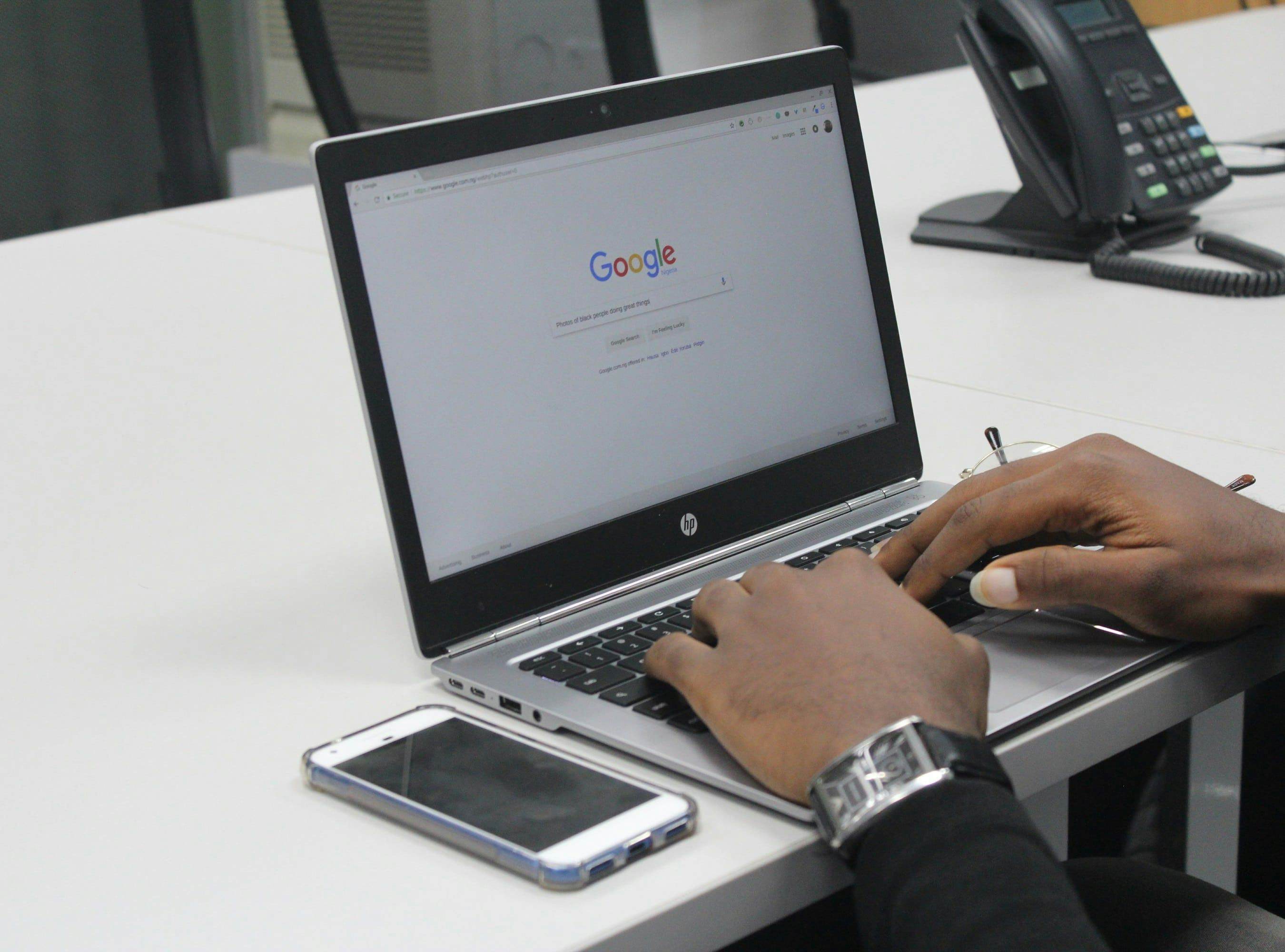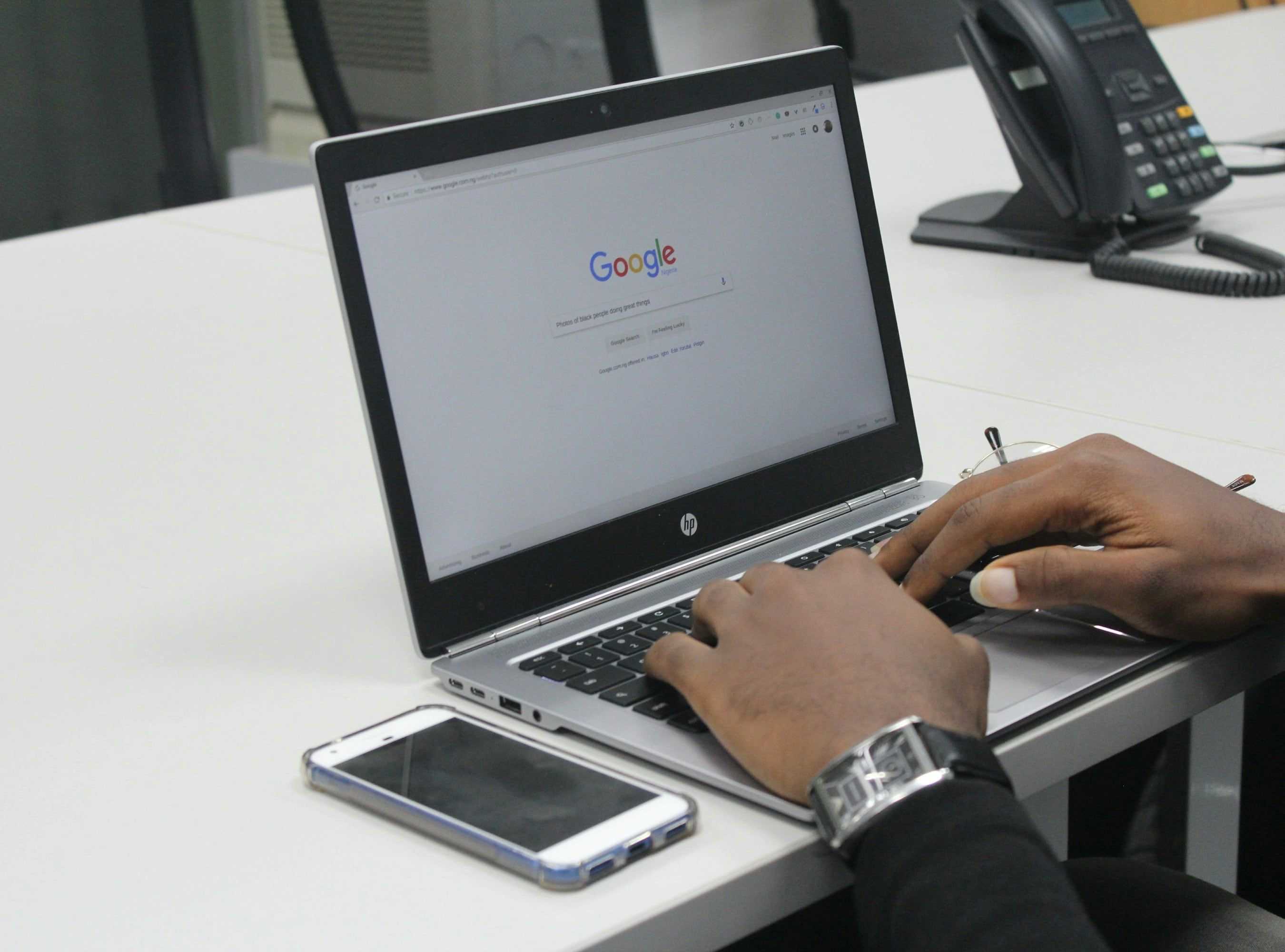The parties in the Google antitrust lawsuit are currently going through an onerous discovery process that includes demands for Microsoft to produce documents. With a trial date of September 12, 2023, this case is likely to be in our periphery for some time. However, this case has the potential to determine many important questions about antitrust regulations in the tech industry.
Monopoly or Competitive Market?
The DOJ’s complaint alleges that Google is violating the Sherman Antitrust Act by unlawfully holding a monopoly over search engine markets. Google currently accounts for 90% of mobile web searches and 60% of computer browser use. DOJ claims Google achieved this by securing exclusionary agreements with web search providers. The complaint also suggests that Google’s monopoly extends to search advertising and general search text advertising markets. Therefore, the corporation is able to charge digital advertisers more than it could in a competitive market, the DOJ says.
Most states have already conducted their own investigations into Google’s practices. Eleven attorneys general have signed on to the current federal suit.
Meanwhile, Google categorically denies the DOJ’s allegations. The company insists it indeed has meaningful competition in the space, such as Amazon. Moreover, it claims consumers have made a choice in a competitive market, as the market should allow. In that sense, Google alleges it is not at fault for garnering preference from the vast majority of users.
Microsoft Subpoena in Google Antitrust Lawsuit
In April, Google issued Microsoft a subpoena for documents that go to whether Microsoft is indeed unable to compete. They also sought documents that may show an alternative: that Microsoft simply cannot compete. In response, Microsoft severely limited search terms and the number of custodians from whom to draw relevant documents.
Google insisted that its competitor, Microsoft, held crucial information for their defense. Microsoft initially cooperated with prosecutors to build a case against Google by providing over 400,000 documents. Such participation, Google argued, entitles it to a comparable volume to aid in its own defense. Google further insisted that “Microsoft cannot credibly avoid significant discovery in these cases. […] Google simply seeks discovery commensurate with Plaintiff’s allegations, which reach back two decades.”
Microsoft argues in return that Google’s requests are unnecessarily broad and only made to delay the case further. They also insist Google has not provided adequate reasoning on why the company needed to search so many files from company executives.
After arguments over the subpoena, presiding Judge Mehta determined there simply was not enough information. The burden of production itself may or may not be worth the extensive delay. The judge then released the parties to bring back more specific information to aid the court in its decision.
Going Forward
Trial proceedings forUS v. Google are currently set almost two years from now, September 12th, 2023. In the interim, there will no doubt be a painfully lengthy discovery period. In the end, though, we will know a lot more about how the Sherman Antitrust Act can be applied today. We will also understand what constitutes anticompetitive digital behavior. These issues are exactly what the Act was meant to address. The present case just happens to cover circumstances unforeseen in 1890.
Breakthrough Opportunities for Experts
As the law catches up with the virtual age, scores of additional cases involving antitrust matters will continue to pop up. The House Judiciary Committee has criticized Apple, Amazon, Facebook, and Google for their business practices. They even compared them to the robber barons of old. The committee’s recommendations include breaking up the companies by preventing acquisition of smaller start-up businesses. They also suggested reforming antitrust laws overall to fit current realities.
Throughout this journey of understanding virtual anticompetitive behavior, we’ll likely see attorneys seek opinions from expert witnesses, such as economists, antitrust experts, and accountants. Certainly, though, there will be an increase in demand for digital experts. This could include coders, data scientists, digital privacy experts, and professionals with other unique specialties in search engines and virtual advertising. Experts will be necessary to navigate through the incoming litigation, allowing new specialties to shine in the witness box.




